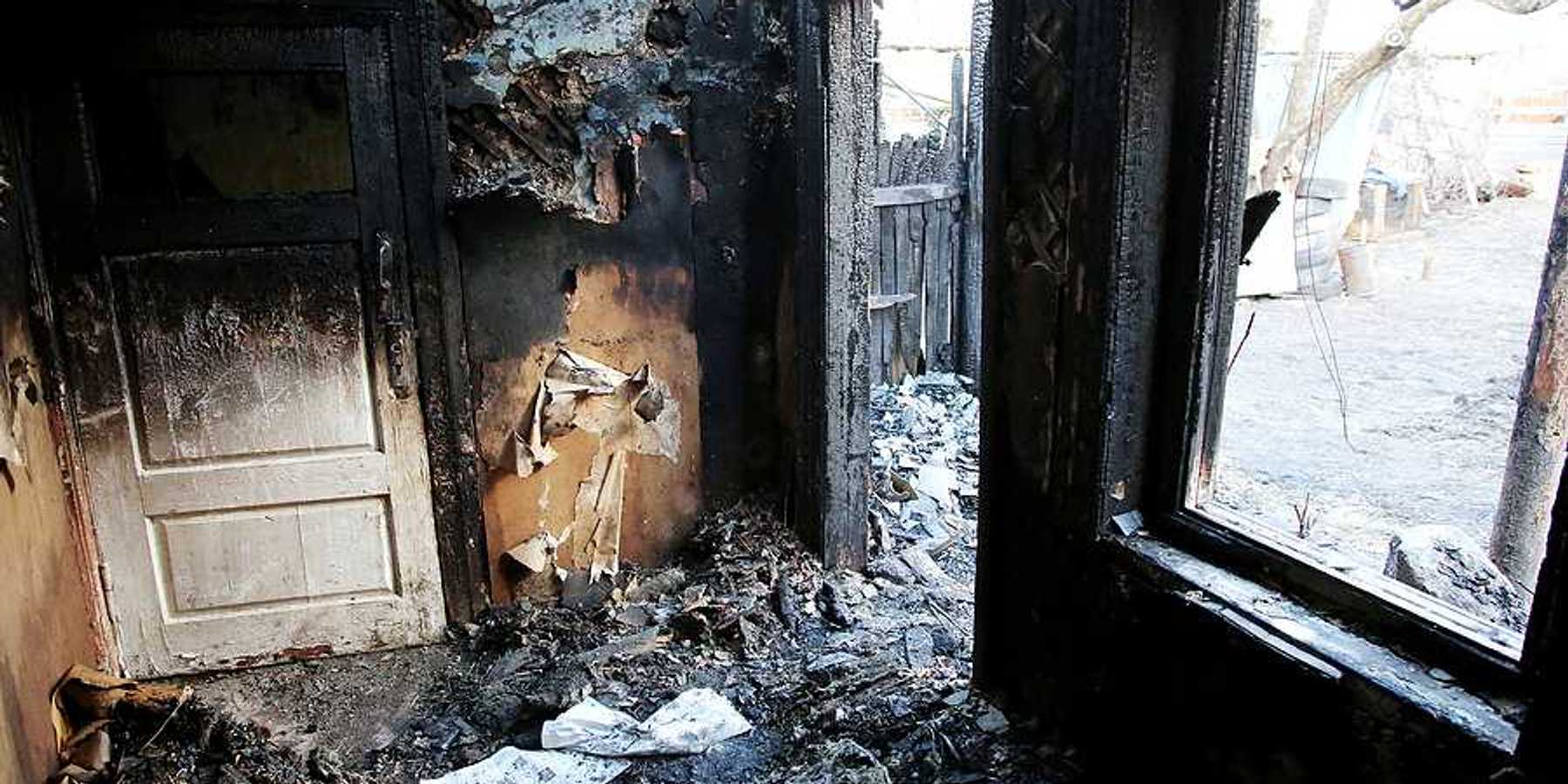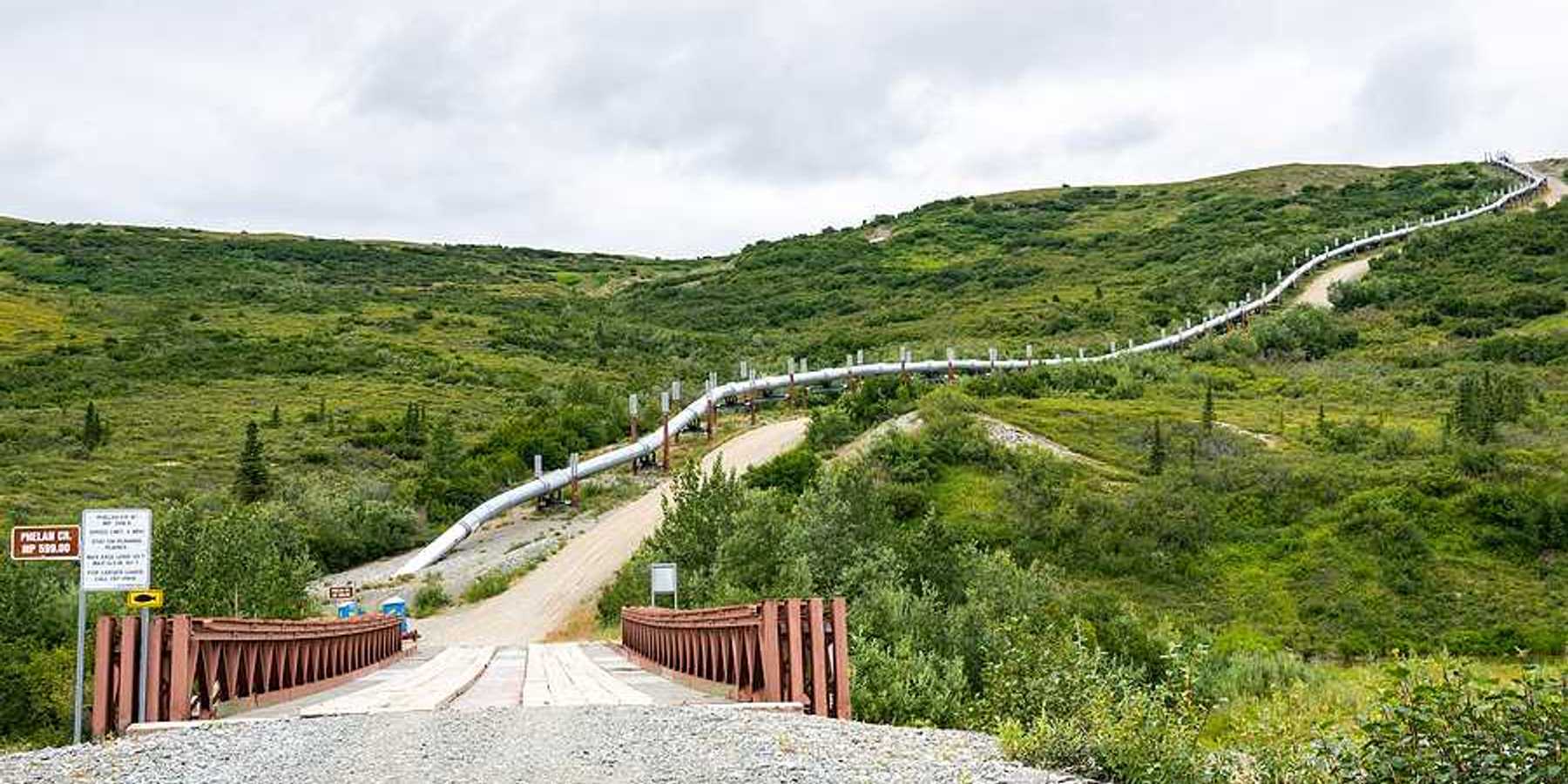rnw
How the Clean Air Act lets closed coal plants keep polluting for years
A loophole allows power plants to collect emissions allowances after they close, and there is a huge volume of credits on the market that will take years to work their way through the system.
In a nutshell:
A loophole in clean-air regulations allowed a coal plant to collect emissions allowances for five years after it shut down and then sell those credits to other plants, including the largest emitter of smog-causing gas in the U.S. power sector. This practice has raised concerns about the effectiveness of cap-and-trade programs in reducing air pollution. The Environmental Protection Agency has recently reduced the number of years that retired facilities can collect allowances from five to two, but a large volume of credits from closed plants is still in circulation, leading to a glut in the market and potentially encouraging pollution.
What they said:
Elena Krieger, who oversees scientific research at PSE Healthy Energy, a California-based policy institute, was shocked when she learned about the retired-plant credits. “I was unaware of the practice and am somewhat horrified,” Krieger said.
Big picture:
A provision in a proposed climate change policy could provide a credit windfall to companies closing down polluting plants. This provision allows these companies to sell their allowances for emissions, as they are no longer generating pollution themselves. This has raised concerns among environmentalists who argue that it could undermine the effectiveness of the policy in reducing overall emissions and combating climate change.
US House Republicans face unity test with major energy bill
Nuclear dispute hangs over EU renewable energy talks
Rising airline emissions could trigger global caps as early as 2024
UAE's Jaber urges Big Oil to join fight against climate change
India's economy - and emissions - primed for big jumps in 2023
If overall industrial activity does increase as expected in 2023, then energy use and pollution from production lines and smokestack plants across India can also be expected to climb, undermining global efforts to reign in fossil fuel pollution.









